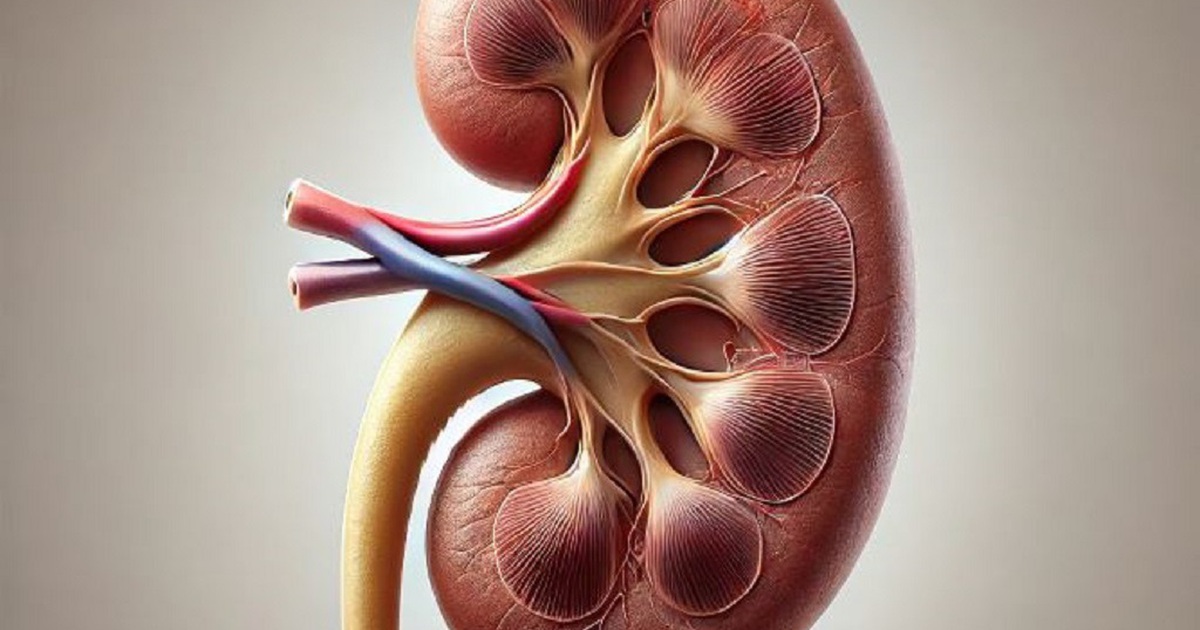Researchers from Nanjing Medical University in China analyzed data from the US National Health and Nutrition Examination Survey (NHANES), which compiled information on 3,400 people aged 20 and older between 2017 and 2018.

If you are sleep deprived during the week, you can now sleep in on the weekends.
The survey collected information about how much sleep participants got on weekdays and weekends, as well as whether they had heart disease, high blood pressure or diabetes.
The results found that people who slept in at least one hour more on weekends than on weekdays had lower rates of cardiovascular disease, especially stroke, coronary heart disease and angina (chest pain caused by reduced blood flow), compared with those who did not sleep in.
In particular, the benefits were greatest in people who slept less than six hours a night on weekdays and slept in at least two hours on weekends, according to the New York Post.
Dr. Marc Siegel, professor of clinical medicine at NYU Langone Medical Center (USA), although not involved in the study, also explained: Sleeping less than 6 hours per night increases the risk of releasing stress hormones, while increasing heart attacks and strokes.

People who sleep in at least one hour more on weekends than on weekdays have a lower rate of cardiovascular disease.
Research shows that you can make up for lost sleep during the week by sleeping in for two hours on the weekend, which can reduce your risk of heart disease, says Marc Siegel.
However, Dr. Biquan Luo, a sleep expert in San Francisco (USA), who was not involved in the study, shared that: In normal cases, if you are not sleep deprived, you should not sleep in on weekends.
Consistently lacking sleep can cause chronic fatigue and increase your risk of obesity and heart disease. In this case, catching up on sleep on the weekends may be more beneficial to your health.
The Sleep Research Society and the American Academy of Sleep Medicine recommend that adults get at least 7 hours of sleep each night.
According to the US Centers for Disease Control and Prevention, not getting enough sleep increases the risk of heart disease, type 2 diabetes, obesity, depression, high blood pressure and many other diseases, according to the New York Post.
Source link






![[Photo] Ministry of Defense sees off relief forces to the airport to Myanmar for mission](https://vstatic.vietnam.vn/vietnam/resource/IMAGE/2025/3/30/245629fab9d644fd909ecd67f1749123)
![[Photo] Prime Minister Pham Minh Chinh chairs meeting to remove difficulties for projects](https://vstatic.vietnam.vn/vietnam/resource/IMAGE/2025/3/30/7d354a396d4e4699adc2ccc0d44fbd4f)



















































































![[REVIEW OCOP] An Lanh Huong Vet Yen Cat](https://vstatic.vietnam.vn/vietnam/resource/IMAGE/2025/3/27/c25032328e9a47be9991d5be7c0cad8c)






Comment (0)